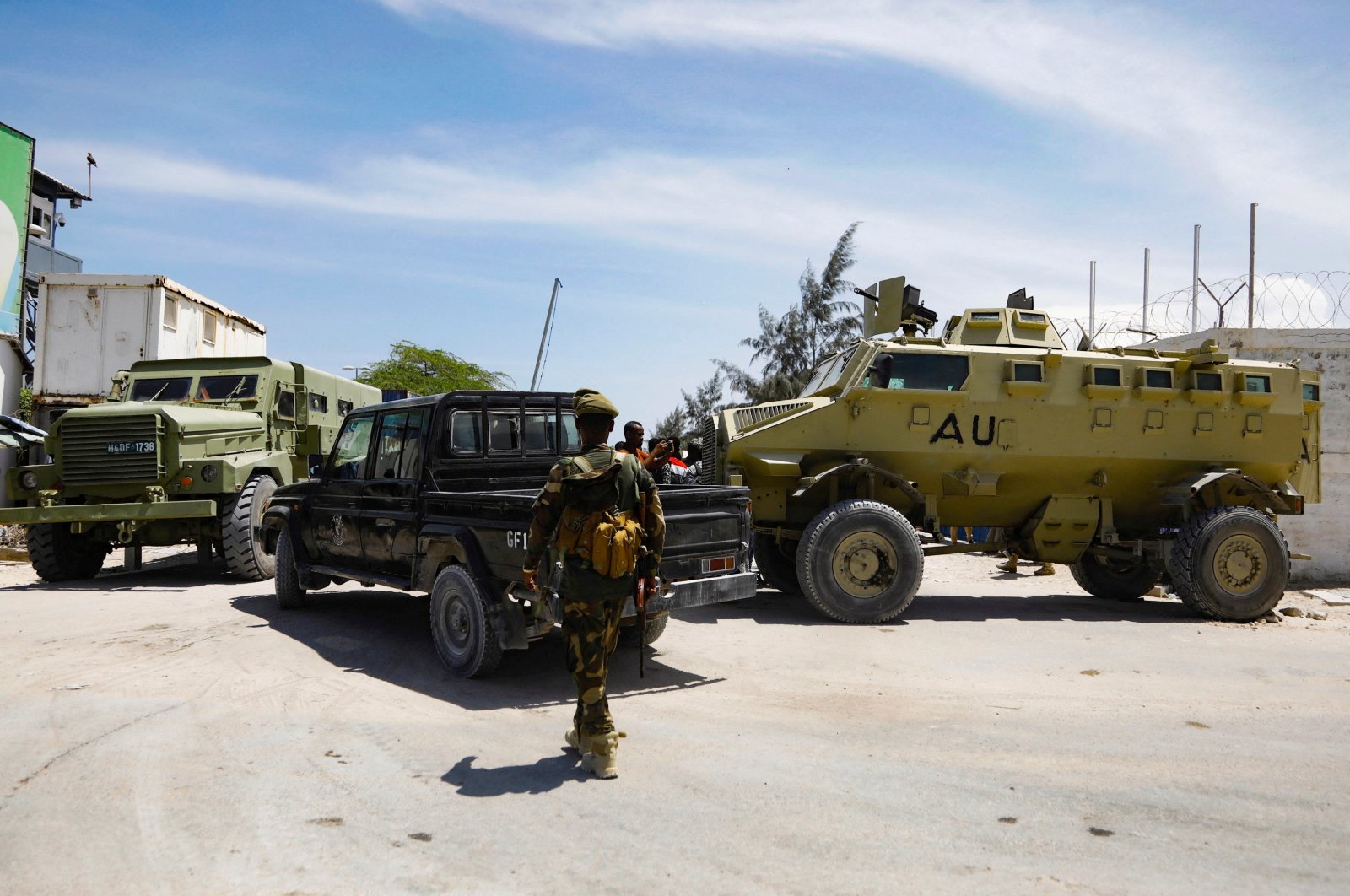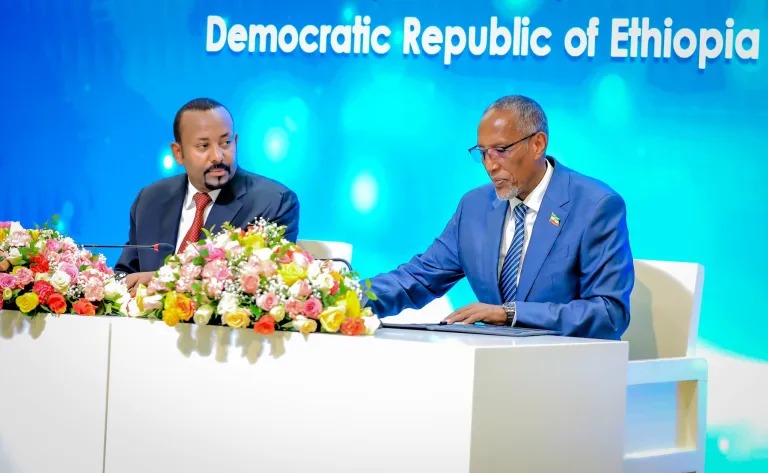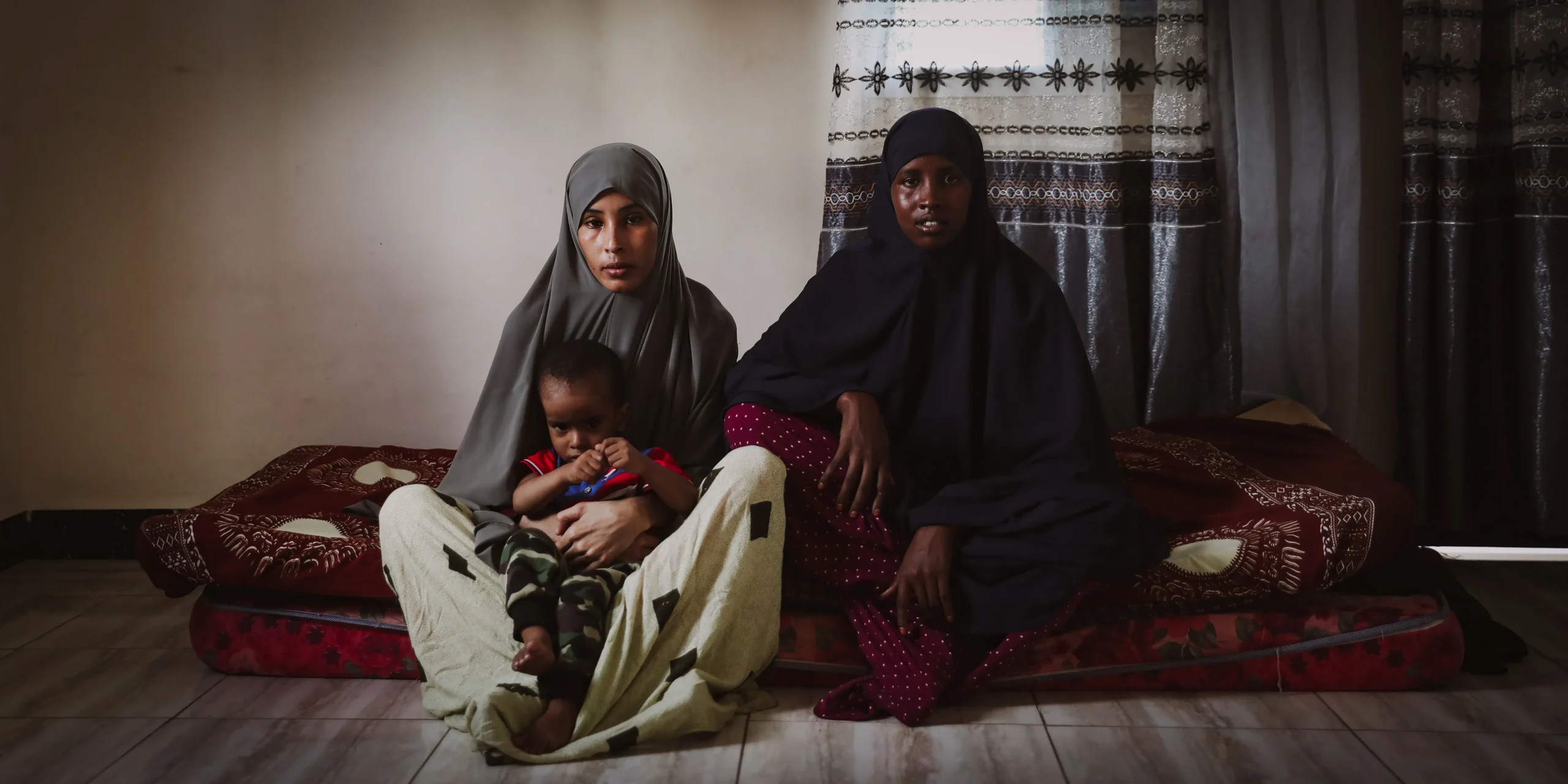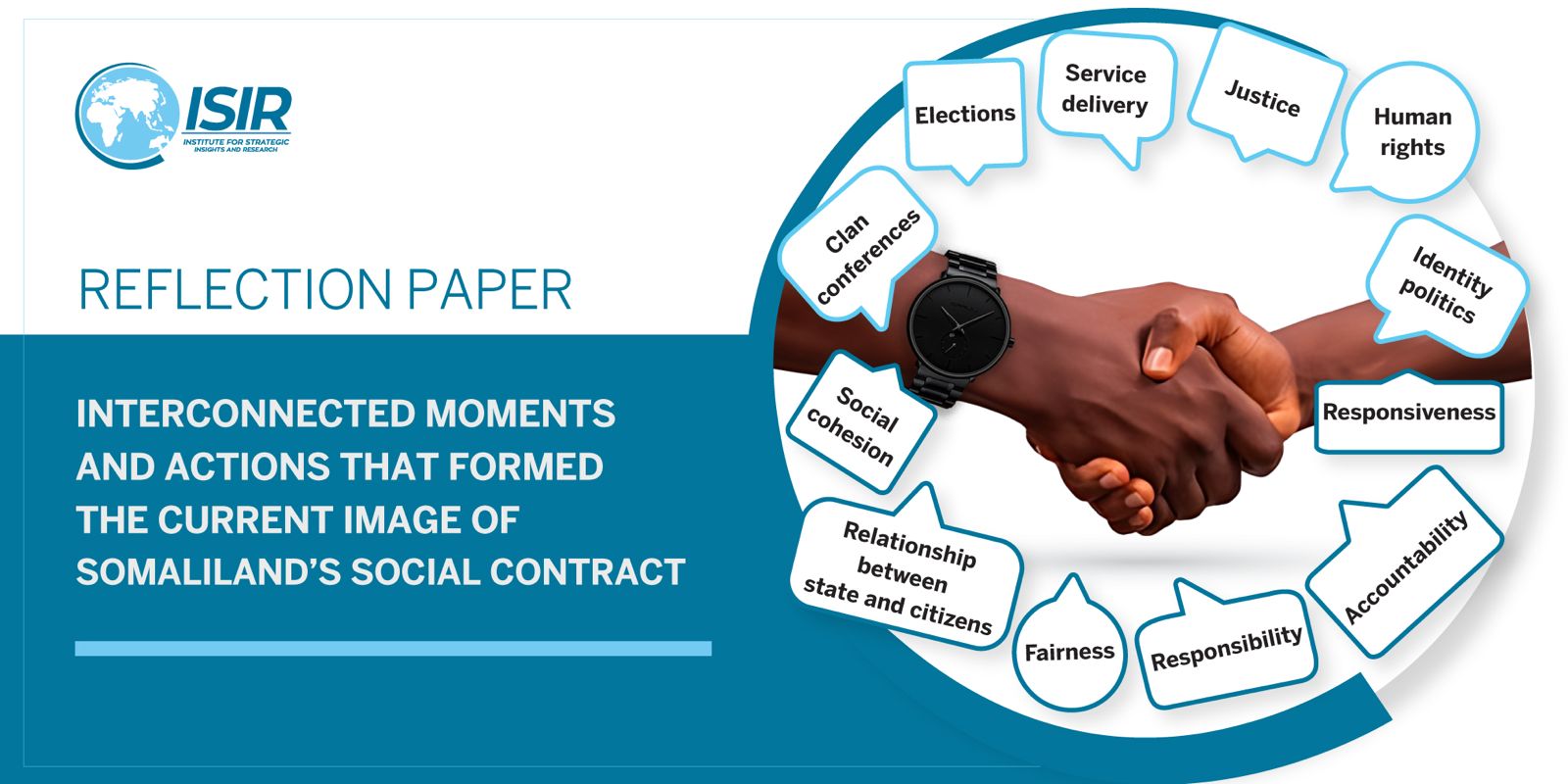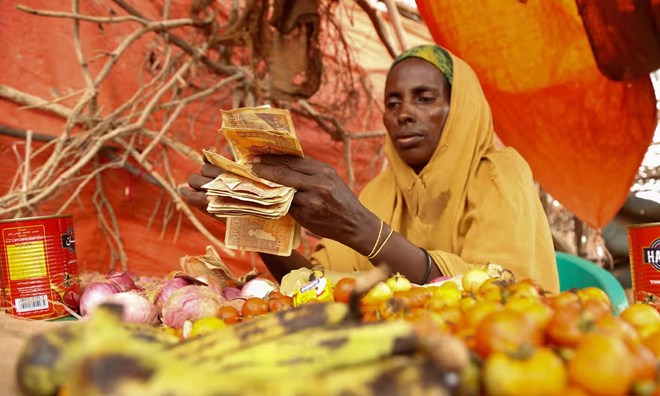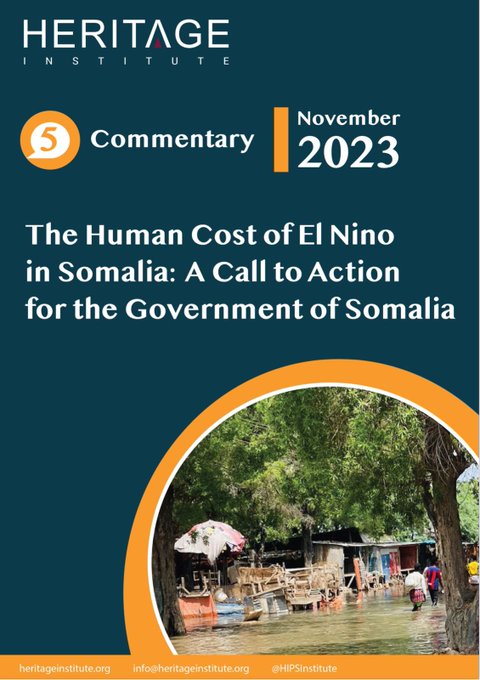By the end of this August, clan elders from Somalia’s Jubaland region will select a new assembly whose parliamentarians will vote for a regional president. It is accepted as a virtual certainty that the incumbent president, Ahmed Madobe, will retain his post. After the former al-Shabaab ally seized the regional HQ of Kismayo with Kenyan troops in 2012, he has won successive elections in 2013 and 2015 – the last with 94% of the parliamentary vote. In both instances, it was strongly understood that the regional assembly was installed from the beginning with his supporters.
This time around, Marehan clan elders and the Federal Government of Somalia (FGS) again have expressed concerns about the elder selection process and the integrity of the election more broadly. Madobe did himself no favors in batting down these suspicions, as a clan elder was recently arrested at Kismayo airport, reportedly for not supporting Madobe’s own plans for re-election.
The Jubaland administration has taken other steps to stifle political activities of his opponents in the presidential race: · On July 25, Jubaland “banned” federal leaders from traveling to Jubaland until the election was complete. The move is an escalation of Jubaland’s previous order that the Federal Government of Somalia (FGS) officials would not be involved in elections.
The threat of overzealous involvement from the FGS is not without reason. In previous regional elections, the FGS has taken direct steps to advantage its preferred candidates. In the December 2018 SW region election, Ethiopia and the FGS conspired to arrest on dubious grounds candidate Mukhtar Robow, the ex-senior al-Shabaab leader who had received amnesty and was a frontrunner in the race. ·
Also on July 25, Jubaland security forces in Kismayo rounded up at least 100 youth during security operations in several neighborhoods suspected to harbor threats to the August election; these neighborhoods included Guulwade, Dalacaadda, Via Afmadow and Dalxiiska; many of the suspects were reportedly taken to Fiat prison (operation by Jubaland’s intelligence agency) for investigation. ·
Since February, Jubaland forces have blocked supporters of rival candidates from greeting them at the airport on at least two occasions. One such incident in May involving candidate Abdinasir Seerar, who was Madobe’s spokesman before falling out of favor, resulted in a clash between Seerar’s security detail and Jubaland troops.
In this context, it is difficult to imagine a scenario in which Madobe loses the regional election. There are no signs yet that there will be popular protests that would force the regional administration to re-think its approach. Similarly, Madobe is taking all the measures he can to prevent any coalition of militias from emerging that could present an additional security threat to al-Shabaab – which only weeks ago executed a deadly hotel raid in Kismayo that shook the nation.
The more important question is whether Madobe deserves to be re-elected. Al-Shabaab still controls many rural areas and the entirety of the Middle Jubba, including the nominal capital of the region in Bu’ale. If Madobe could control the current HQ in Kismayo without African Union troops, he has taken no initiative to prove it. (Of course, there is certainly an incentive among all parties to postpone any departure from Kismayo to benefit from the lucrative –albeit illicit— trade of charcoal and sugar.)
If Madobe does indeed win the upcoming election, he ideally would divert some of his attention to regional development needs rather than the overwhelming focus on power-sharing disputes with the FGS.
By Tres Thomas








